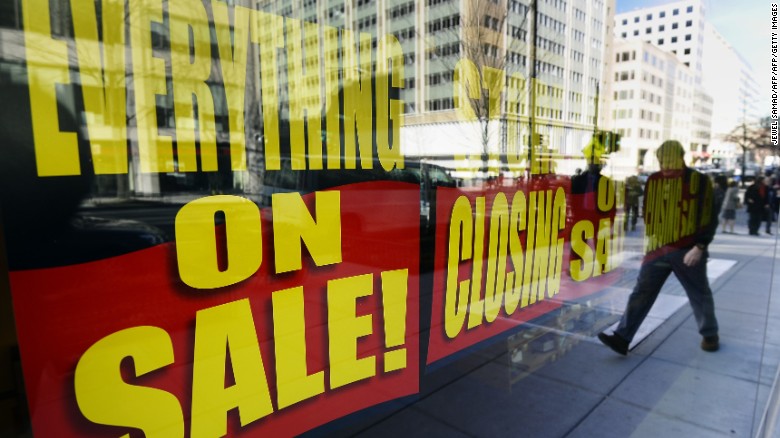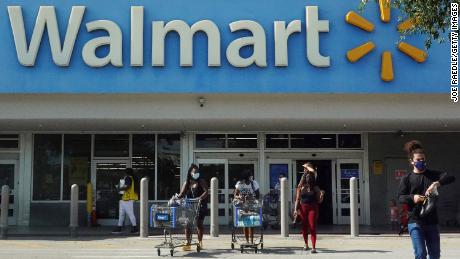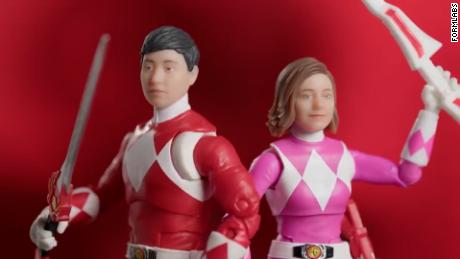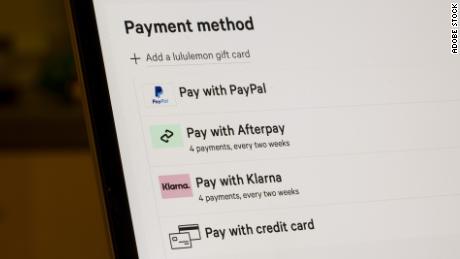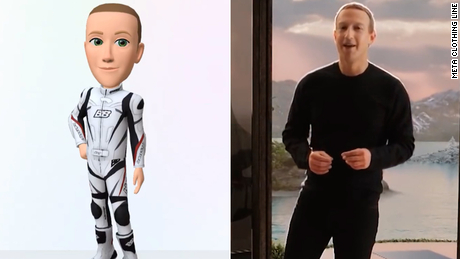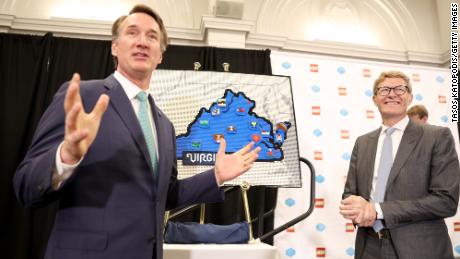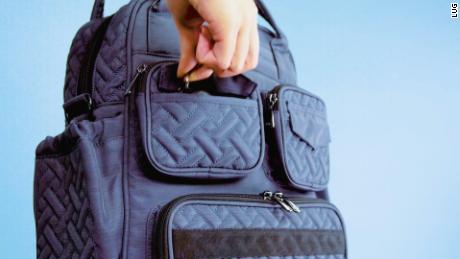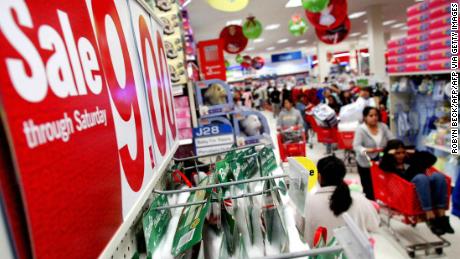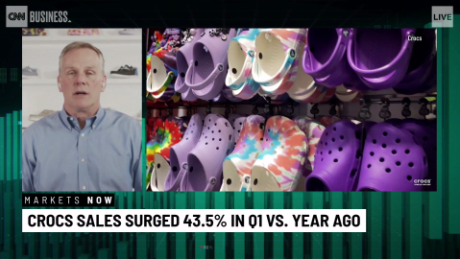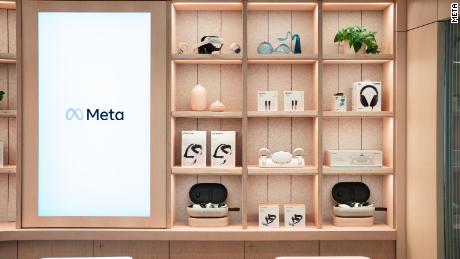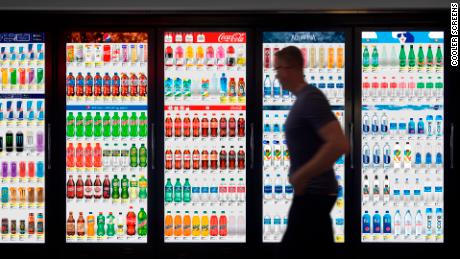New York (CNN Business)It's the end of the line for Gymboree.
The children's clothing retailer filed for bankruptcy for the second time in less than two years late Wednesday. This bankruptcy will bring about the end of its flagship brand.
Gymboree Group said it plans to start closing all of its Gymboree and Crazy 8 branded stores, according to the filing. That's about 800 stores.
"The Company has worked diligently in recent months to explore options for Gymboree Group and its brands, and we are saddened and highly disappointed that we must move ahead with a wind-down of the Gymboree and Crazy 8 businesses," said Shaz Kahng, who was tapped as CEO just this past November.
The company's Janie and Jack stores, a more upscale brand, are expected to be sold through bankruptcy court auction next month. A unit of Goldman Sachs has already agreed to be a bidder.
There are 147 Janie and Jack stores. The filing does not specify if all of them will be kept open. But the 534 stores that use Gymboree name are all slated to close, as are all 264 Crazy 8 stores. The company has 11,000 part-time and full-time employees.
The bankruptcy does not affect Gymboree Play & Music, a chain of more than 730 centers that offer play, music and art classes. That business was sold by Gymboree's holding company in 2016.
The company filed for bankruptcy the first time in June of 2017 and was able to emerge fairly quickly. It reached a deal with almost all of its lenders to shed about $1 billion in debt in that bankrutpcy and got an infusion of $115 million in new cash, according to BankruptcyData.com.
It completed a reorganization by September of that year.
But in its most recent bankruptcy filing on Thursday, the company said that "the unanticipated degree of decline of the brick-and-mortar retail industry, among other factors, has made it increasingly difficult ... to support their cost and capital structure."
Poorer than expected sales also led to deep discounts on merchandise, which added to its problems.
In December it announced plans to close less profitable stores and seek a buyer or other other financing to keep the Gymboree and Crazy 8 brands alive. But it couldn't find anyone interested in either buying or investing in the company.
The growth of online sales hurt Gymboree, just like it has for many traditional brick-and-mortar retailers.
But Gymboree's filing said it was also losing to traditional retailers including Children's Place and The Gap, as well as lower price stores such as TJ Maxx and big box competitors.
Gymboree started in 1986 with two stores in California. It enjoyed slow, steady growth, adding 78 stores in the next five years and 275 in the five years that followed that. By early 2010 it was up to 950 stores.
Then it was purchased by private equity firm Bain Capital in 2010 for $1.8 billion. After that deal it tried to rapidly expand, growing to 1,300 stores globally and expanding into China, South Korea, Australia and parts of Latin America. But the expansion didn't work out as planned, and it laid the groundwork for the first bankruptcy.
The problems that led to Wednesday's bankruptcy and shutdown announcement are not unique to Gymboree. In fact it is common for retailers who try to use bankruptcy to reorganize to end up with a second, final trip to bankruptcy court in relatively short order.
That's what happened recently with RadioShack.
It's a cautionary tale for those hoping that Sears Holdings, the owner of Sears and Kmart, will be able to survive long term by shedding debt and closing stores in its current bankruptcy.
Chairman and former CEO Eddie Lampert insists that his bid for the operating assets of Sears will allow it to emerge as a smaller, profitable and more competitive company, but other experts believe that the company's stores are poorly positioned to compete long-term.
